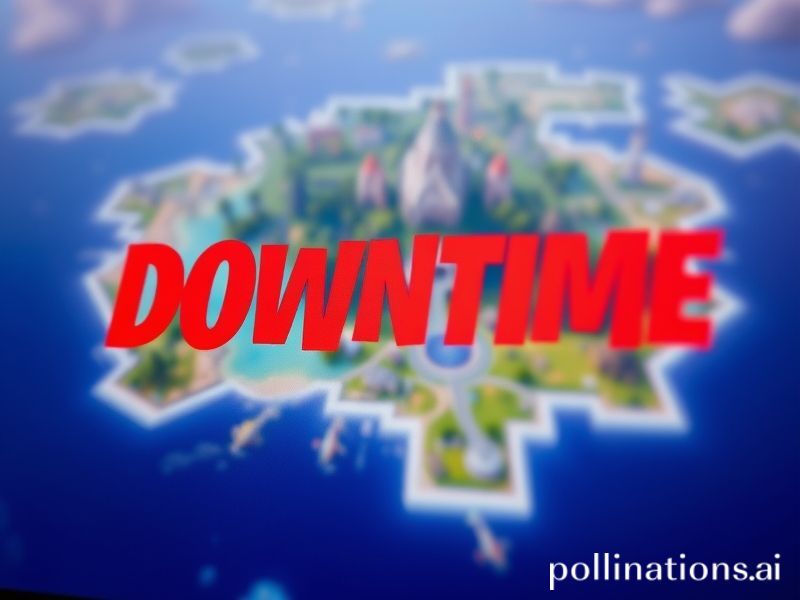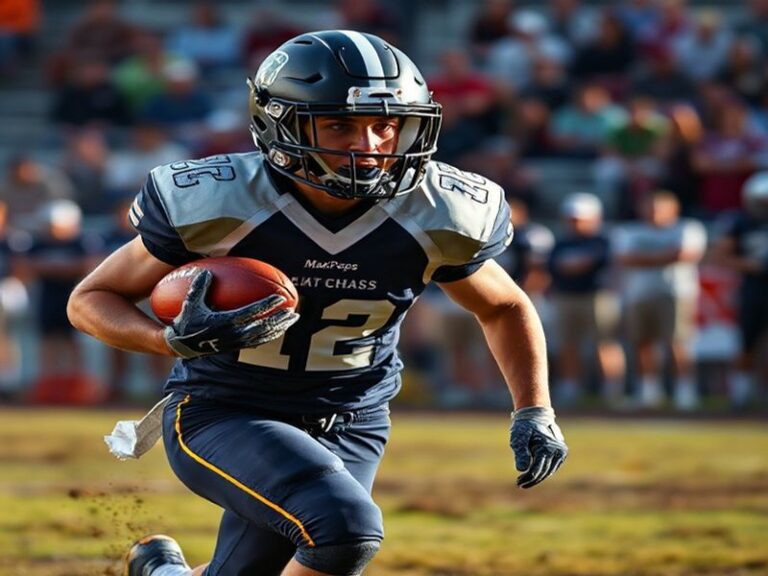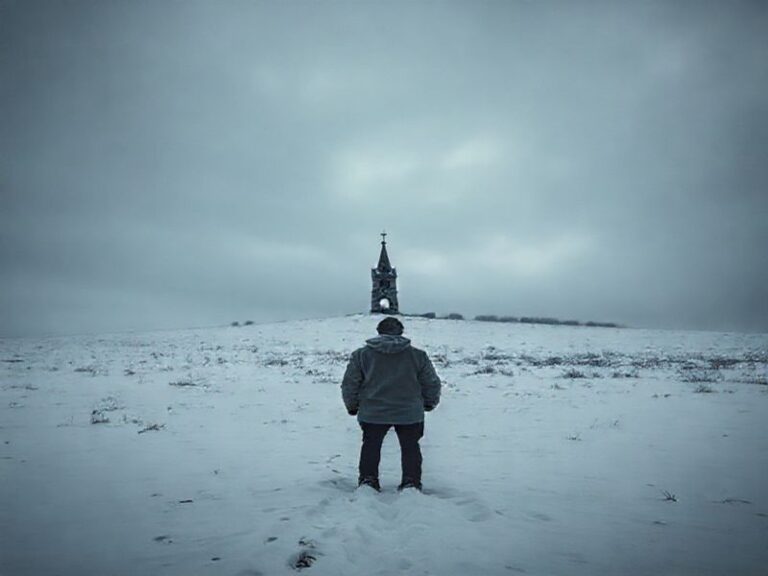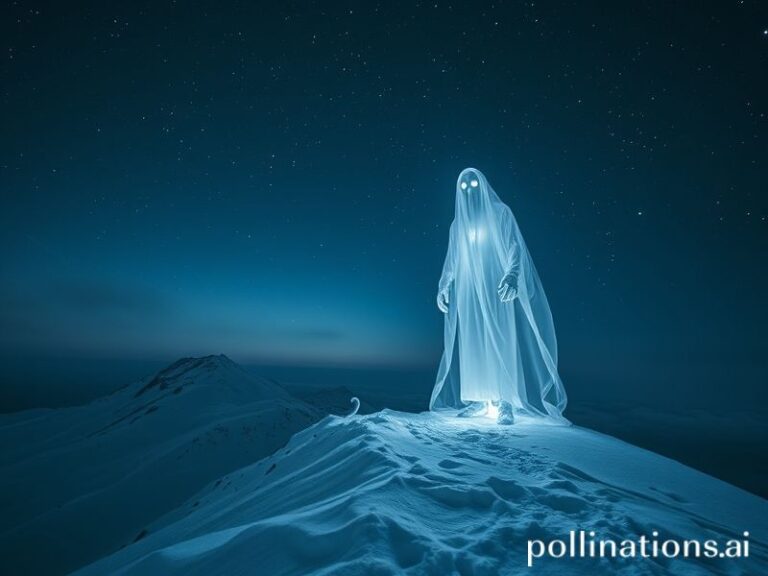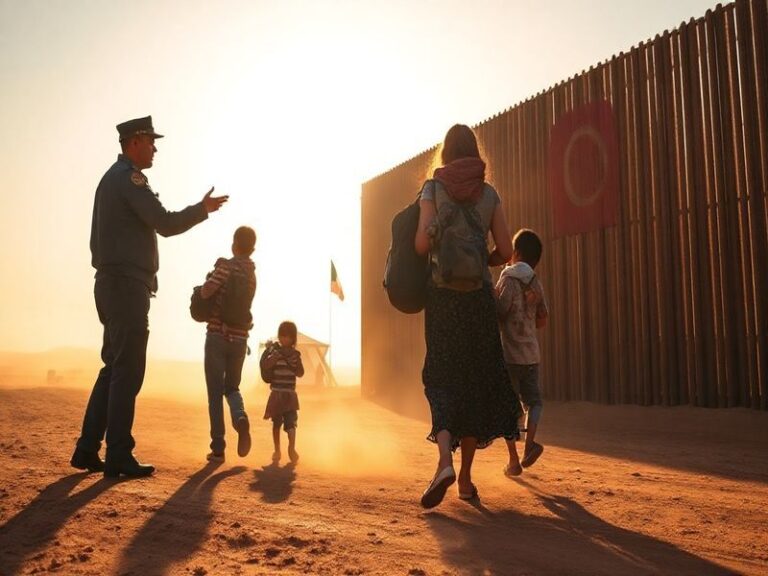Fortnite’s Great Blackout: Why the World Panics When the Battle Royale Goes Dark
**Fortnite’s Great Blackout: When the Battle Royale Goes Dark**
In the vast, ever-evolving landscape of internet culture, few phenomena command as much attention as the humble video game downtime. And when that game is Fortnite, the cultural juggernaut that has transcended gaming to become a global phenomenon, even a brief hiatus sends shockwaves through the digital world. So, why is “Fortnite downtime” trending globally, and what does it say about our collective obsession with this pixelated paradise?
**The Cultural Context: Fortnite as a Global Phenomenon**
Fortnite isn’t just a game; it’s a cultural touchstone. It’s where Travis Scott stages virtual concerts that draw millions, where celebrities like Ninja and Dakotaz achieve household-name status, and where the uninitiated can stumble into a party with friends who insist, “You have to try this one thing.” It’s a social hub, a creative outlet, and, for many, a digital third space that rivals the real world in significance.
Given this cultural clout, it’s no surprise that any disruption to Fortnite’s services is met with collective gasps of horror. When the servers go down, the internet collectively holds its breath, waiting for the all-clear signal that allows players to resume their digital lives.
**The Social Impact: Downtime as a Shared Experience**
Downtime, in the grand scheme of things, is a minor inconvenience. But in the context of a game as socially integral as Fortnite, it’s a shared experience that brings players together in a unique way. It’s a digital blackout that forces players to step away from their screens, to engage with the real world, or to seek out other forms of entertainment.
This shared experience is amplified by the game’s cross-platform nature. Whether you’re on PlayStation, Xbox, PC, or even a mobile device, downtime affects everyone equally. It’s a rare moment of unity in an often-fragmented gaming landscape.
**Why It’s Significant: The Power of the Pause**
Downtime is significant because it highlights the extent to which we’ve integrated Fortnite into our daily lives. It’s a reminder that, for many, gaming isn’t just a hobby; it’s a social lifeline, a creative outlet, and a source of joy and connection.
Moreover, downtime serves as a stark reminder of the ephemeral nature of digital experiences. In a world where everything is instant and always-on, a brief pause can feel like a minor catastrophe. It’s a chance to reflect on the transient nature of our digital lives and the importance of savoring the moments we have.
**The Witty Internet Culture Angle: Memes, Mayhem, and Mournful Players**
Of course, no discussion of Fortnite downtime would be complete without acknowledging the memes. The internet’s collective response to downtime is a masterclass in dark humor and creative expression. From “Fortnite is down” tweets to memes lamenting the loss of virtual lives, the internet finds a way to turn even the most mundane of events into a source of entertainment.
And let’s not forget the inevitable conspiracy theories. Is downtime a sign of a secret update? A hint at a new season? Or perhaps a clever ploy by Epic Games to build anticipation for the next big event? The speculation is half the fun.
**Conclusion: The Battle Royale Goes On**
In the end, Fortnite downtime is more than just a minor inconvenience. It’s a cultural moment, a shared experience, and a reminder of the power of gaming in our lives. It’s a chance to reflect, to connect, and to appreciate the digital worlds that have become such an integral part of our collective consciousness.
So, the next time Fortnite goes down, don’t despair. Embrace the pause. Laugh at the memes. And remember: the battle royale will go on. And when it does, you’ll be ready to jump back in, better and stronger than before.

